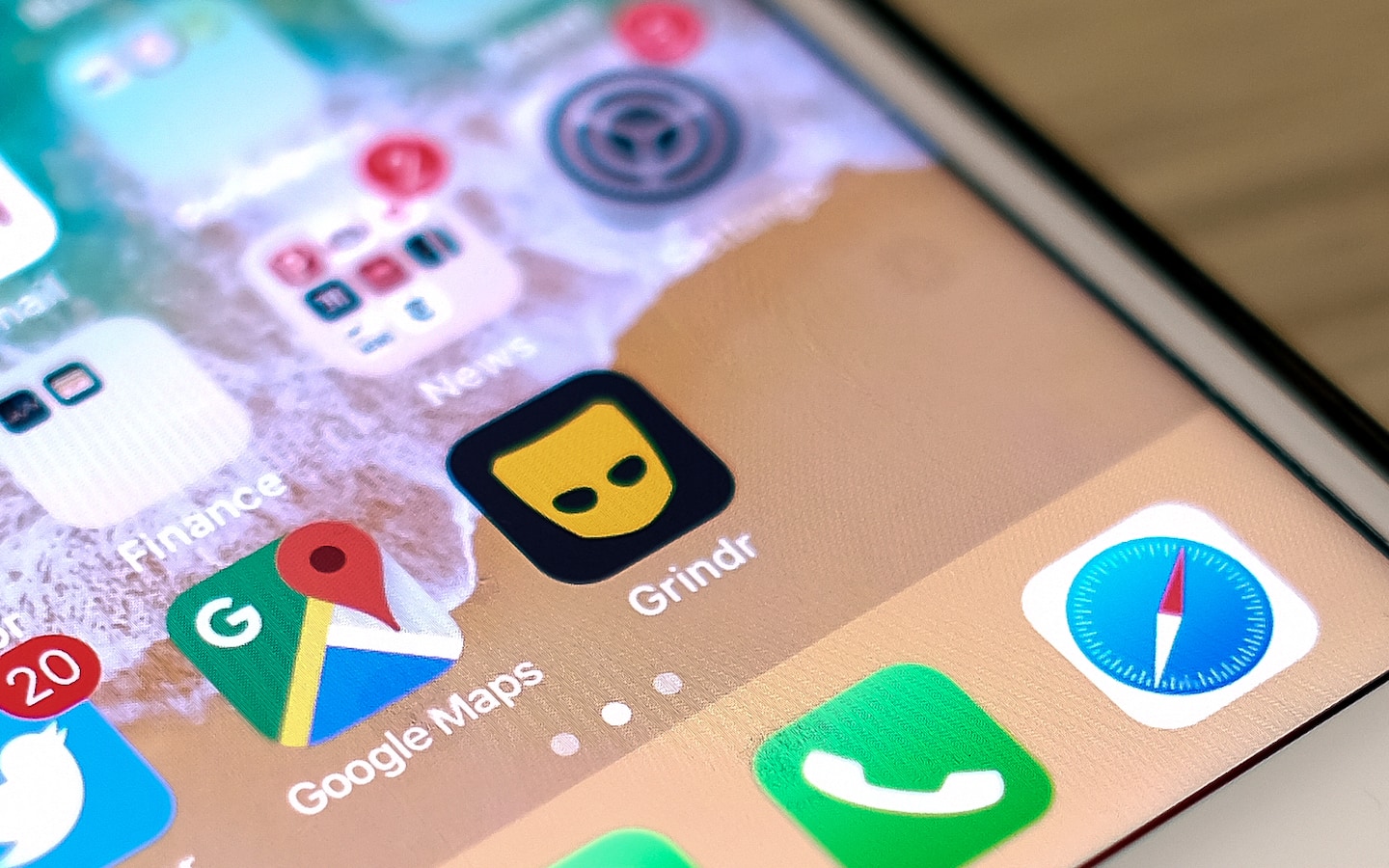Privacy is a fiction in the Internet age. A priest’s case proves it.

In the case of the priest, it appears Grindr collected sensitive information and passed it along to third parties, who might in turn have passed it to other parties, until eventually it landed in the hands of a data broker: one of many companies that vacuum up personal data and spit it back out to customers. (Grindr disputes that it is the source of the data.) Exactly the route that information traveled is uncertain, because there are few rules of the road. Something similar happens to most smartphone users most days as they tap on virtual jewels of candies for high scores, or as they check the weather. Information including their location is gathered and sold, usually for the end purpose of advertising: to greet people who recently went to nightclubs with deals on party dresses, for instance, or to lure them into a nearby store.






